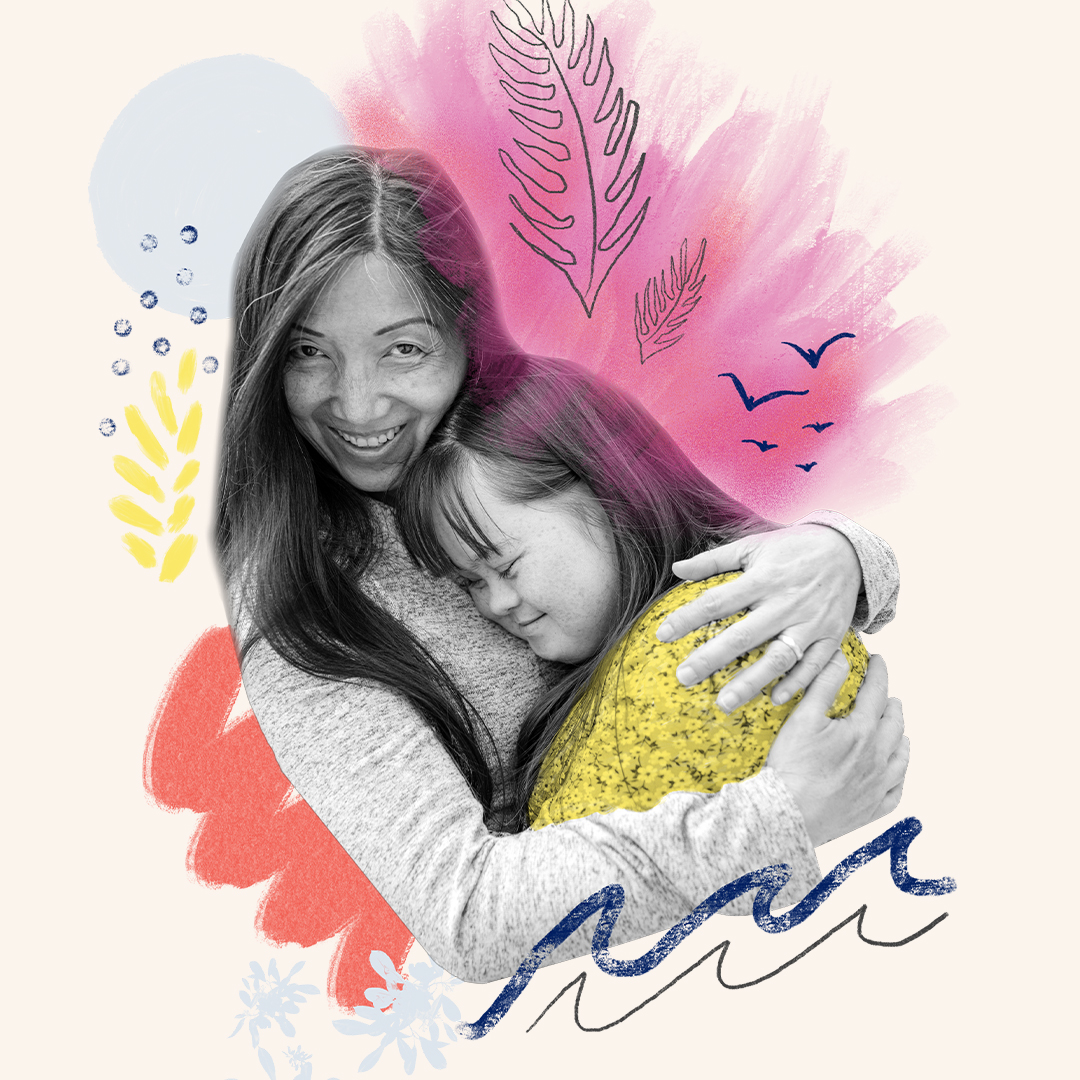There’s no place like home. It’s where love, comfort, and happy memories reside.
Unfortunately, that is not always the case. Violent or aggressive behavior can infect the home through words and actions. It’s called domestic violence, and it has plagued homelife across the world.
Domestic violence can affect anyone—but especially adults with disabilities. A survey conducted by the Spectrum Institute Disability and Abuse Project found that 70% of respondents with disabilities experienced some form of abuse by an intimate partner, family member, caregiver, acquaintance, or stranger. Of those abuse case reports, only 10% of alleged perpetrators were arrested.
Keep reading to learn what domestic violence can look like, and how to help those affected.
What Does Domestic Violence Look Like?
Abuse is far-ranging, and can come in many shapes and forms. It’s extremely important to know what to look for. When it comes to adults with disabilities, everything on the following list constitutes as domestic violence or abuse:
- Physical violence
- Neglect
- Verbal and psychological abuse
- Unwanted sexual contact
- Withholding medications
- Threats and intimidation
- Deprivation of physical accommodations
- Withholding or destroying assistive devices
- Physically harming service animals
- Financially exploiting or misusing victim’s money
How to Help Adults with Disabilities Who Experience Domestic Violence
Individuals with disabilities are uniquely vulnerable to experiencing domestic abuse. The unfortunate truth is that this isn’t recognized as a significant problem in our society. The needs of survivors with disabilities are often ignored. In fact, police are less likely to respond to reported violence against victims with disabilities. The overarching issue? Lack of knowledge. Law enforcement, social workers, judges, psychologists, and media all need specialized training in the abuse of individuals with disabilities.
Resources are the best thing to offer individuals in this situation. Making these resources more inclusive and readily available is one of the most effective ways to help victims of domestic violence with disabilities.
4 Ways You Can Help in Your Community:
Encourage health care professionals in the community to screen patients with disabilities properly for domestic violence.
Advocate that local hotlines and shelters have specific staff training to work with survivors with disabilities.
Educate hospitals, places of worship, social service agencies, and local organizations on signs and symptoms of domestic violence.
Develop a referral list of organizations in the area that specialize in the intersection of domestic violence and disability. Encourage local organizations to have this list readily available when needed.
Covey: Empowering Adults with Disabilities
Covey, a nonprofit organization in the Greater Fox Valley of Wisconsin, is devoted to fostering personal growth for adults with intellectual and developmental disabilities. Through respite care, skill-building classes, community engagement programs, and more, Covey is a safe space for participants to grow into their highest potential.
We are delighted to announce that we are on track to open our Adult Family Homes (AFH) in the near future! AFHs are designed for adults who wish to live more independently, but need support to do so. These residences give individuals a newfound freedom to explore their community, develop daily living skills, and grow their social circle while still ensuring that they have the personal care they need. Covey AFHs will house four adults and are assigned a caregiver, so residents will have the pleasure of living alongside three like-minded peers. They’ll be living with a built-in support system and circle of friends!
Covey welcomes your loved ones to our AFHs: where comfort, care, and happy moments will reside. After all, there’s no place like home.
To learn more about our future Adult Family Homes, contact us today!

